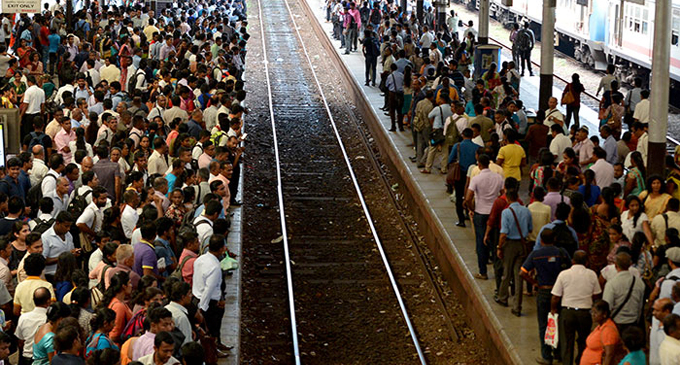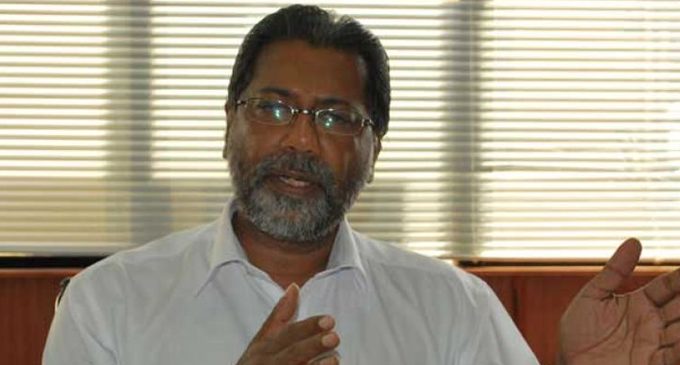The implementation of the UNHRC, recommendations including the establishment of a war crimes tribunal, would create many legal issues in the country’s judicial system, as a new Constitution and a referendum would be required to implement the recommendations, the Sri Lanka Freedom Party (SLFP) said yesterday.
The SLFP’s senior vice president, Minister Nimal Siripala de Silva said the highest court in Sri Lanka was the Supreme Court and there was no hybrid court in Sri Lanka’s judicial system.
“The UNHRC report says that Sri Lanka needs to adopt feasibility legislation, specific legislation to facilitate a hybrid court mandated to probe war crimes committed by security forces personnel. We will need to change our Constitution in order to make room for a hybrid court, and we can’t make these happen overnight,” he said at a media briefing.
The minister also said the UNHRC had further recommended that new legislation should be enacted to criminalise war crimes, crimes against humanity, genocide and enforced disappearances, and said new laws would have to be enacted by parliament in order to criminalise these subjects.
“According to our law, if a new law was passed, we can’t apply that law to deal with what was done in the past. Therefore, if we are to introduce new laws and then to probe war crimes which were committed in the past, we will have to have a referendum to get the people’s approval,” he said; adding that passing new laws and changing the Constitution were not simple procedures and many problems would would arise when attempts were made to do so.
He said the final position of the SLFP on the subject was not yet to decided as the special committee appointed by the party was still carefully perusing the contents of the final report adopted by the UNHRC.
The minister thanked President Maithripala Sirisena for his achievements at the United Nations and said the delegation had been successful in watering down the resolution to some extent. “However, our final stance on the resolution will be made public soon,” he said.



